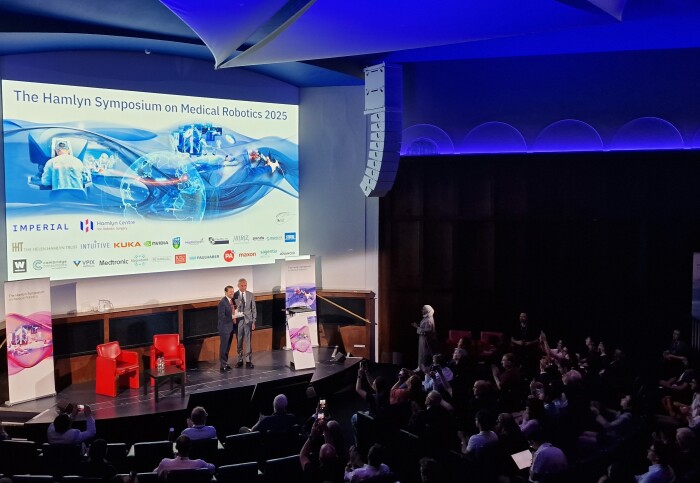The below centres and networks focus on understanding the underlying causes of AMR and improving how antibiotics are used. Both centres bring together interdisciplinary teams to address AMR.
NIHR Health Protection Research Unit in Healthcare Associated Infections and Antimicrobial Resistance: The HPRU in Healthcare Associated Infections and Antimicrobial Resistance is a partnership between Imperial College and UK Health Security Agency. It brings together researchers from a range of disciplines and professions (including doctors, engineers, epidemiologists, microbiologists, pharmacists, behavioural scientists, economists, and nurses) to address the threat of AMR and healthcare-associated infections. It focuses on four themes: 1) Priority pathogens, 2) Precision prescribing, 3) Practice, design and engineering, and 4) Population health and policy.
- Visit the HPRU HCAI AMR website
The Centre for Antimicrobial Optimisation (CAMO): CAMO brings together innovative, multidisciplinary research to optimise antimicrobial use and sustain the effectiveness of these drugs in the face of increasing antimicrobial resistance and the absence of new treatments. Research focuses on: 1) the development of rapid diagnostic solutions, real-time biosensor technologies to monitor antimicrobial concentrations, and 3) using artificial intelligence and machine learning to assist with infection, detection, diagnosis, clinical decision-making.
Centres for Antimicrobial Optimisation Network (CAMO-Net): CAMO-net is a unique global research partnership which aims to address the global impact of antimicrobial resistance on human health by fostering research partnerships across low, middle, and high resource settings and across urban and rural environments.
Researchers in this field include
- Professor Alison Holmes (Department of Infectious Disease)
- Professor Darius Armstrong-James: Multi-omics-driven precision prescribing
- Will Bolton: AI-based clinical decision support for antibiotic optimisation and stewardship
- Professor Tony Cass: Minimally invasive sensing of antibiotics
- Professor Graham Cooke: Policy on antibiotic use
- Dr Bernard Hernandez: Development of point-of-care decision support systems
- Professor Anthony Gordon: Using -omic and AI techniques to develop personalised medicine in sepsis
- Dr Damien Ming: Digital health implementation and use of novel biosensing in healthcare
- Professor Danny O'Hare: Diagnostics for precision prescribing
- Dr Tim Rawson: AI for clinical decision support and dose optimisation
- Dr Vanessa Sancho-Shimizu: Using host genomics to tailor patient management
- Professor James Seddon: Using PK/PD/PG to optimise dosing for childhood TB meningitis therapy
- Professor Robert Wilkinson: Precision prescribing for tuberculosis
- Richard Wilson: Development and integration of novel technologies and interventions to improve antimicrobial prescribing
